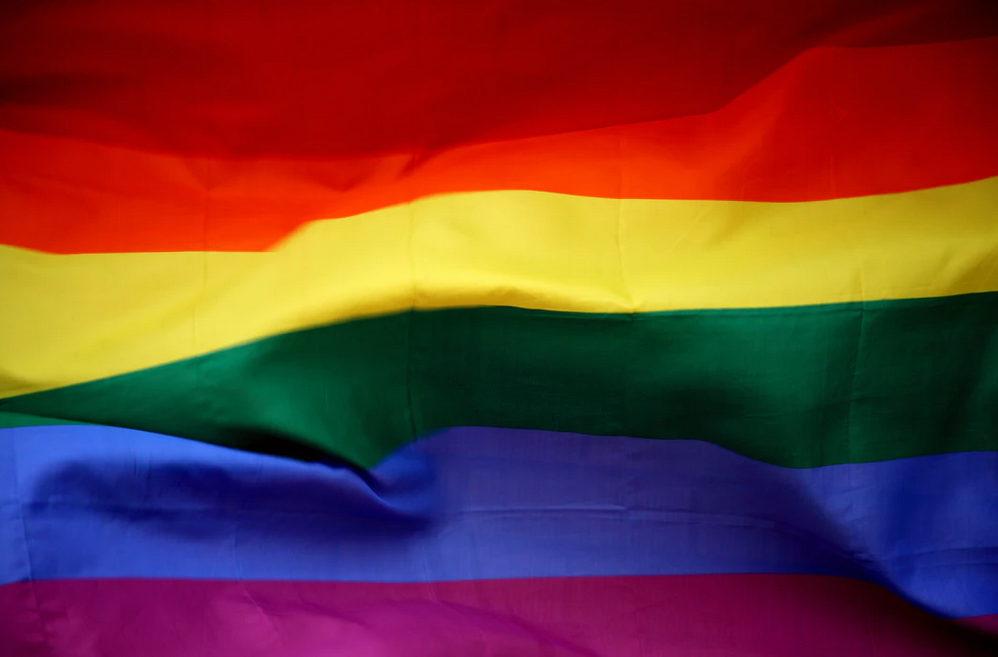Community
ACLU of Massachusetts files free speech lawsuit on behalf of two LGBTQ rights protesters

The ACLU of Massachusetts, together with the law firm Zalkind Duncan & Bernstein LLP, filed a lawsuit Wednesday on behalf of two LGBTQ rights protesters, challenging state regulations that they say unconstitutionally restrict the rights to free speech and expression on public lands.
According to an ACLU statement, in November 2021, the two plaintiffs, Michael Picard and Heidi Olson, held a peaceful counter-protest in response to past suggestions by another demonstrator that, by flying Pride flags and otherwise supporting LGBTQ+ rights, the government of Swampscott was “trying to make everyone gay.” The counter-protest—which took place on public property managed by the Department of Conservation and Recreation —consisted primarily of soliciting signatures for petitions in support of LGBTQ rights, advocating for a Pride flag to be hung along the seawall in Lynn, and holding a sign satirically saying, “Let’s Make Everybody Gay.” At times, bullhorns were used. In response, a Massachusetts State Police trooper reportedly ordered Picard and Olson to stop using bullhorns, forced them to leave DCR property, and then issued citations with $200 fines against them.
“Our right to protest—and to counter-protest—in public forums is essential, and clearly enshrined in both the U.S. Constitution and Massachusetts Declaration of Rights,” said Ruth Bourquin, Senior and Managing Attorney at the ACLU of Massachusetts. “The DCR regulations—and MSP’s enforcement of them against our clients—are blatantly inconsistent with free speech principles.”
The citations were based on DCR regulations defining “disorderly conduct” to include making “unnecessary noise offensive to the general public.” The complaint alleges this regulation is invalid both because it violates free speech and is unconstitutionally vague.
“The use of bullhorns and other amplified devices is often an essential means of exercising free speech rights, and the government cannot arbitrarily restrict or curtail the use of these devices, as the DCR regulations purport to allow,” said Naomi R. Shatz, Partner at Zalkind Duncan & Bernstein.
The complaint also alleges that DCR failed to provide an administrative hearing as required by its own regulations and that MSP failed to comply with the Massachusetts Public Records Law.






You must be logged in to post a comment Login